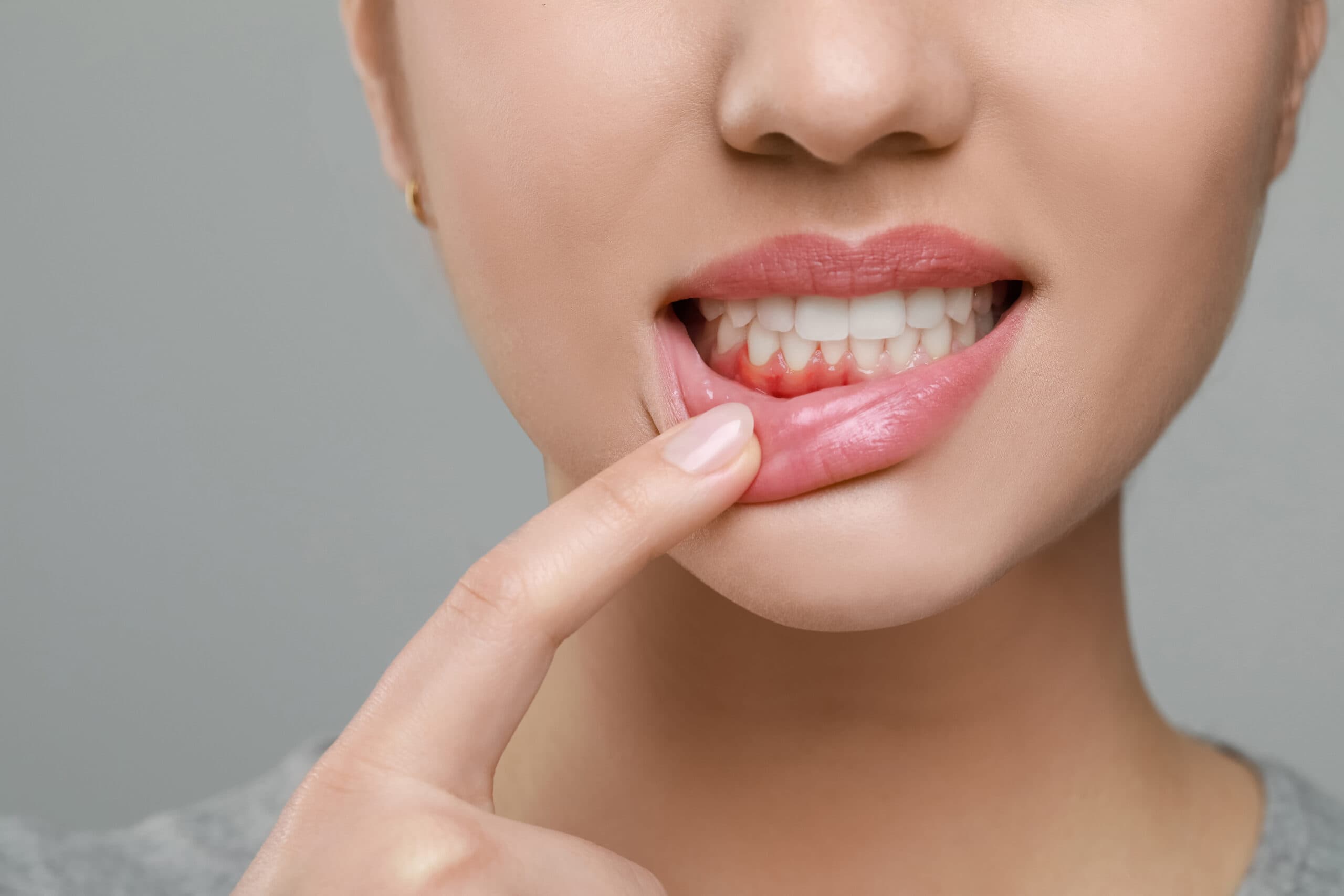Updated February 2020.
Have you ever had a persistent headache that you can’t explain? Sometimes your jaw hurts, or even weirder, your ear hurts? You don’t have migraines or suffer from allergies. You went to the eye doctor, ear doctor, and even had a full workup by your GP. No one can explain the daily pain that ibuprofen hardly touches. If this sounds like you, or someone you know, it may be time to visit the dentist.
I have a patient who suffered from headaches, earaches, and facial pain for a year. She saw a number of doctors, even had a head CT. It wasn’t until she thought to tell her dentist about her symptoms that she learned she suffered from daily bruxism — a condition in which you clench, grind, or gnash your teeth during the day.
Clenching
Many people clench their jaws and never notice it (check yourself right now – is your jaw soft and relaxed or is it tight and clamped?). This habit of clenching the jaw often is seen in people who have jobs with high levels of stress. Though the reaction of tightening your jaw muscles is considered a natural response to situational pressure, it can go very wrong resulting in tension headaches, earaches, and jaw pain. It can be even more serious with enamel erosion, tooth-breaking, and cracking.
Mindfulness
One way to combat daytime bruxism is to bring awareness to your mouth and jaw.
- Are you holding tension during the day?
- When you sit at the computer for hours at a time, is your jaw in a fixed position?
The good thing about daytime bruxism is that you can bring attention to it, as opposed to nighttime bruxism. When you’re asleep, you can’t be mindful of your clenching. In that case, you’re probably going to need an appliance. If you can become aware of a taut jaw during the day, you may save yourself from more severe physical discomfort by correcting the behavior.
Ways to Relax
Trying to relax during the day isn’t easy. However, taking a few minutes here and there to create new habits can be of tremendous long term benefit. Here are some ways to relax and soothe your mouth and jaw during the day:
- Open the mouth as wide as comfortably possible and touch tongue to front teeth. This action relaxes the jaw muscles.
- Do not allow your top and bottom teeth to make contact except when chewing. To prevent the teeth from touching, say the letter “n” to position the tongue and keep your mouth in this position as you work to avoid clenching.
- Massaging your jaw can help your jaw muscles relax and reduce the tension in this area. Additionally, holding a warm towel against your jaw can also promote muscle relaxation.
If easy exercises and gentle massages don’t work, there are daytime mouthguards available for chronic daytime bruxers. If you feel like you’re suffering from the workday bruxism blues, make an appointment. We’ll be happy to discuss other options for you. The workweek is enough of a grind, don’t take it out on your teeth. You can contact us here.





